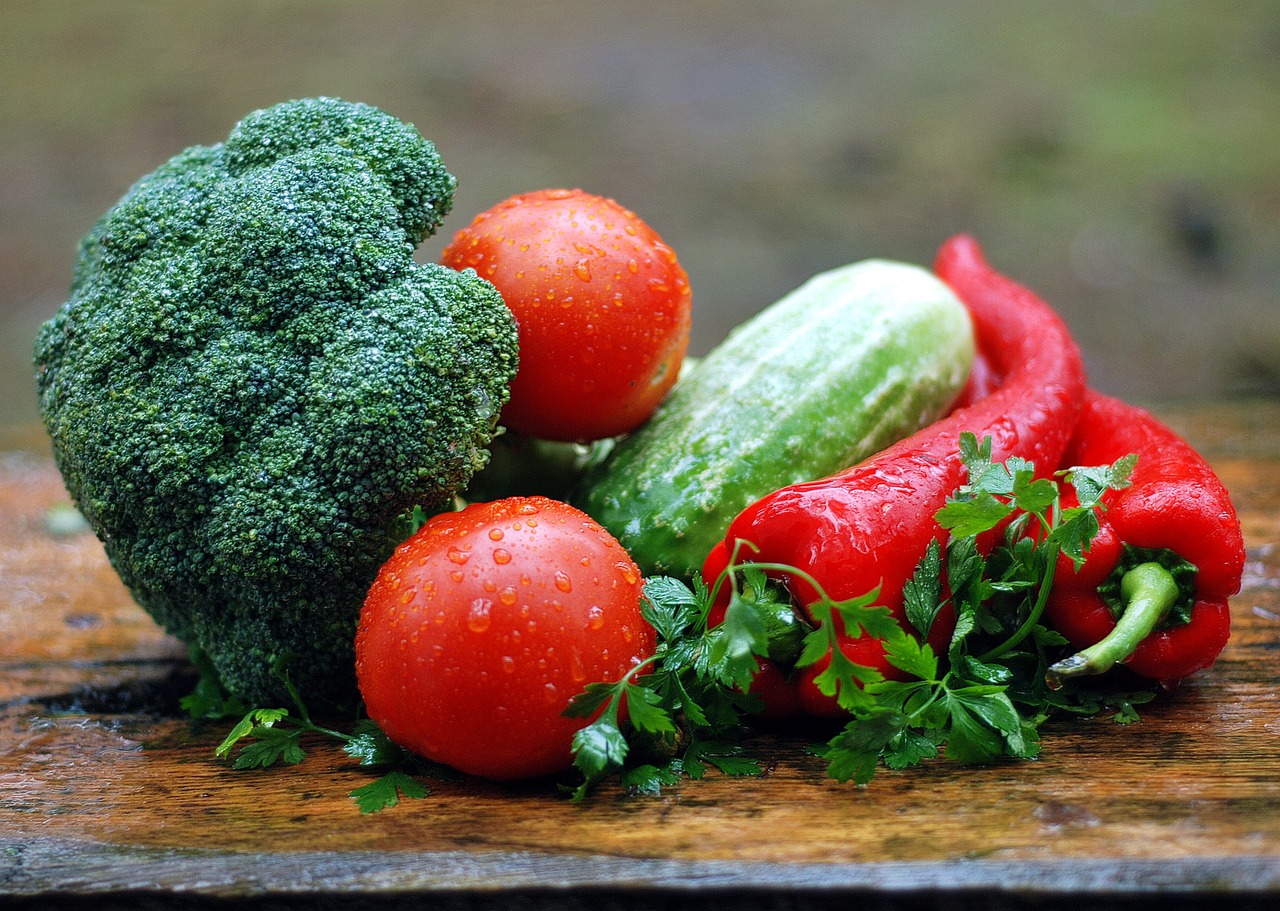Researchers have found an interesting link between a vegetarian diet and a reduced risk of COVID-19 infection.
A study, published in the journal BMJ Nutrition Prevention and Health, suggests that people on a predominantly plant-based or vegetarian diet are at a lower risk (39%) of getting COVID-19 infection compared to omnivores. The severity of infection was also less in them.
Previous studies have shown that diet may have a role in the severity and complications associated with COVID-19 infection.
Researchers recruited 702 adult volunteers between March and July 2022 to evaluate the impact of dietary patterns on the incidence, severity and duration of COVID-19 infection. The team looked into various aspects of the participants, including their regular eating patterns, food group frequency, lifestyle, medical history and COVID-19 vaccination status.
Based on their dietary pattern, participants were divided into omnivorous (424) and predominantly plant-based (278) dietary groups. The plant-based food group included flexitarians/semi-vegetarians (who ate meat three or fewer times a week), vegetarians and vegans. They typically ate more vegetables, legumes and nuts, with less/no dairy and meat in their diet.
Of the total participants, 330 people reported they had COVID-19 infection – 224 had mild symptoms and 106 had moderate to severe symptoms.
“The omnivores had a significantly higher reported incidence of COVID-19 than the plant-based dietary groups: 52% vs 40%. And they were more likely to have had moderate to severe infection:18% vs just over 11%,” the researchers wrote in a news release.
Based on the findings, researchers recommend a diet high in vegetables, legumes and nuts, and low in dairy products and meat to avoid the infection.
The omnivores had a higher rate of medical conditions, greater prevalence of obesity, and lower rates of physical activity. These factors are linked to an increased risk of COVID-19 infection, severity of symptoms and…
Read the full article here

Leave a Reply